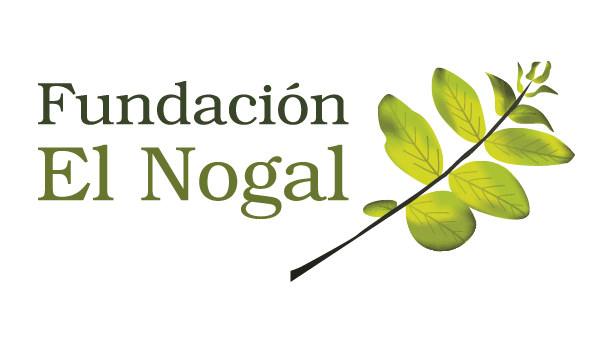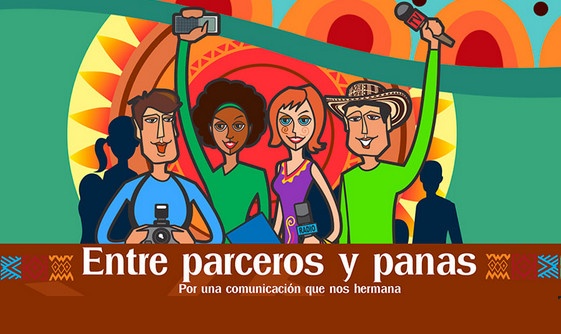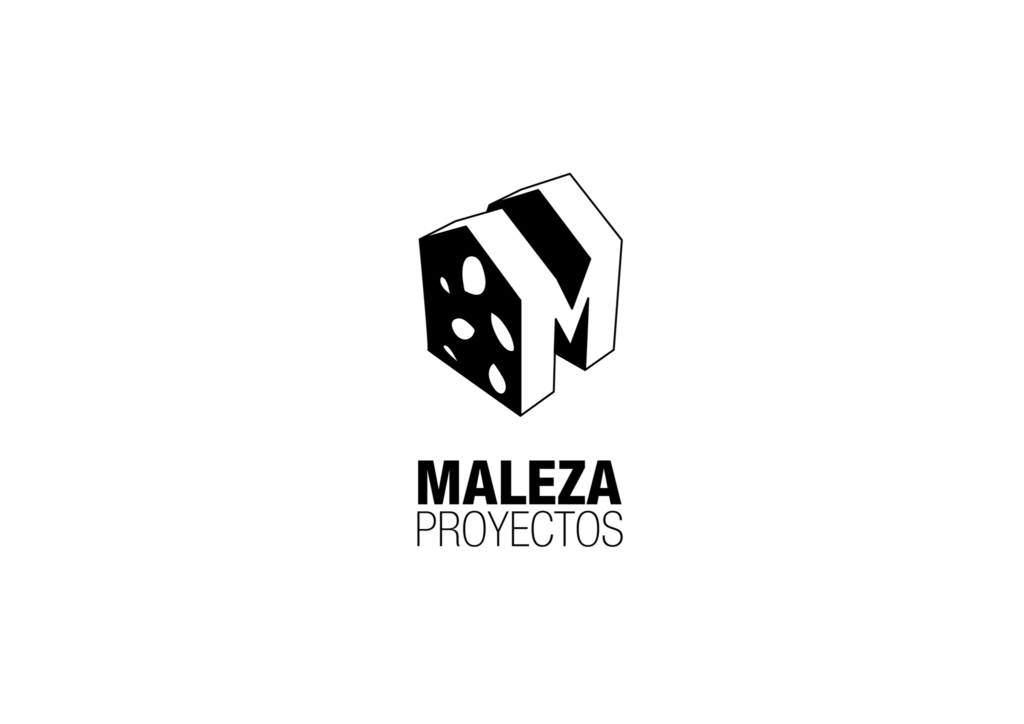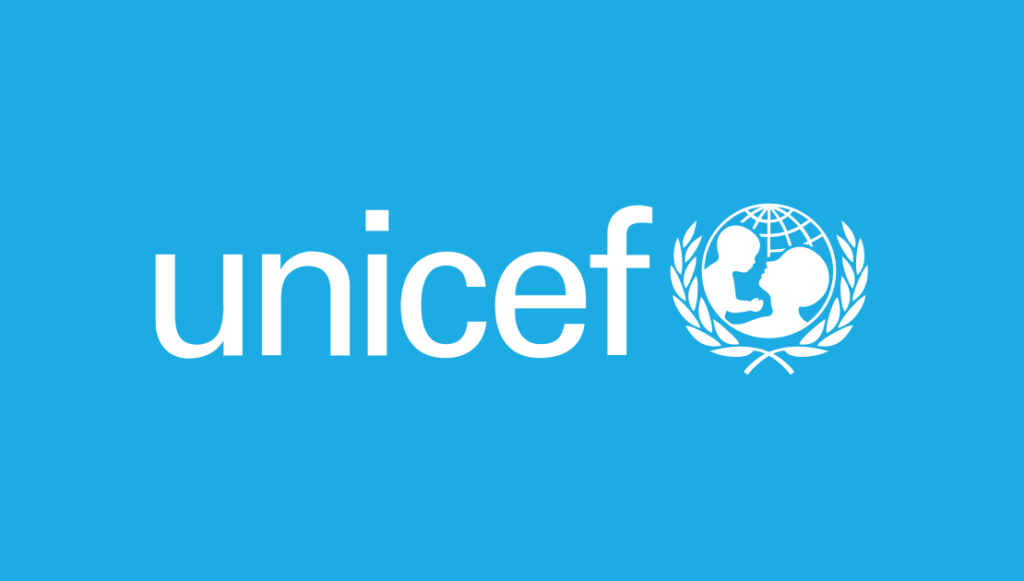What is "La Otra Juventud"?
Current political and social dynamics create a scenario of vulnerability in Colombian society where young people are unable to express themselves freely, effectively inhibiting the consolidation of peace and social justice.
“La Otra Juventud” promotes the development of skills among young people that enable them to transform the conditions keeping them in vulnerability. As an organization, “La Otra Juventud” creates and strengthens alternative communication and community processes in digital media, thereby contributing to the consolidation of values of peace.
- OUR STORY
- VALUES AND PRINCIPLES
- TEAM
- MANIFESTO
- PARTNERS
2014 marked the first steps of the organization, as team behind the Teusaradio radio station built a recording studio from recycled materials and egg cartons. Located inside Casa de la Participación (House of Participation), the first programs of what would later become a community radio station and coordinated media outlet run by youth in the locality of Teusaquillo, were broadcast.
2015 was an important for our organizational development as we officially launched the creation of the La Otra Juventud Foundation as an overarching structure for our projects. We conducted a large number of workshops and events, focusing on skills-training in radio production, as well as our role in the locality of Teusaquillo, with projects such as ‘Memories of Teusaquillo’ and ‘Gran America Recicla’. We officially presented the Teusaradio station to the locality by organizing a large event at the Virgilio Barco Public Library in summer, working with local artists and, most importantly, with the collaboration of our team of volunteers.
In 2016, Teusaradio started to gain a reputation as a source of new communicative proposals in the locality. Our team produced 24 hour coverage and live radio from the streets, broadcasting local events and maintaining contact with the community. We dealt with internal challenges such as lack of workspace and division of individual responsibilities (due to a substantial increase in work and recognition!), by solidifying the shape and identity of our organization. Additionally, we drafted a first proposal outlining the structure of the upcoming media school project sin comillas.
In 2017, we implemented a number of important projects. Along with the Swedish organization PeaceWorks and with the support from Forum Syd we carried out the School of Peace ‘Hágale’, where we assisted peace initiatives led by youth in the city of Bogotá. We held ‘La Eskuela’ Fest, creating space for the expression of artistic and cultural experiences. From Teusaradio we explored the production of other formats such as radio soap operas and special programs covering stories from victims of the armed conflict. The first edition of #LoDigitalTransforma took place.
2018 was a crucial year for defining the organizational development and identity of La Otra Juventud, as we strengthened our internal processes and capabilities. We launched the media school project sin comillas, after building its contents, structures and dynamics from scratch. We continued with a second successful edition of #LoDigitalTransforma, while Teusaradio remained an important voice in Teusaquillo, for example by participating in the Artmenia Festival.
In 2019, the media school sin comillas identified alternative- and community-based media in Fontibón, Engativá, Kennedy and Bosa, four marginalized localities in Bogotá. The school also provided training workshops about digital journalism for young people, maintaining a focus on peace and gender equality. Teusaradio continued to strengthen its presence in the locality of Teusaquillo, covered the national strike, and worked alongside a wide network of Colombian and Venezuelan journalists to create content about migration for the project ‘Entre Parceros y Panas’. For this work, Teusaradio received an award for radio innovation. A third edition of #LoDigitalTransforma was held, this time reflecting on the contemporary situation of alternative- and community-based media and promoting a debate on this topic among candidates running for the local council elections. Finally, La Otra Juventud worked closely with other civil society organisations to plan a debate on social justice, ‘Debate Por la Justicia Social’, between candidates running for Mayor’s office.
VALUES AND PRINCIPLES
-
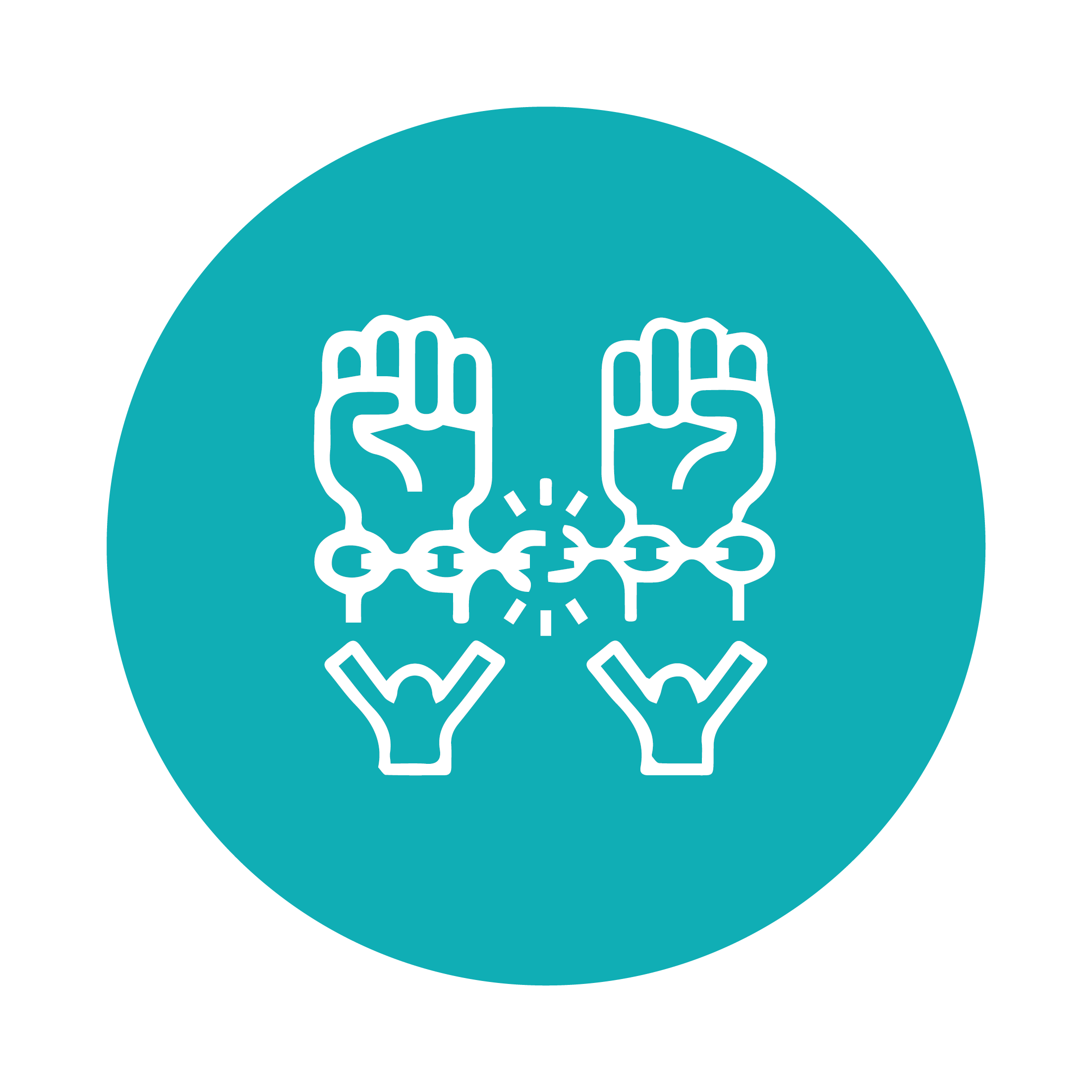
Independence
We are an organization whose work does not depend on the origin of donations or particular convenience of any of its members. We understand that those who cooperate with us are like-minded people that support the projects that express our mission and vision of the world. This type of independence allows us to have a critical position towards processes of private and public organizations, while maintaining transparency in our work within society.
-

Transparency
We work to ensure that our legal, political and institutional structure is clear to all actors we are involved with. We regularly evaluate our organizational processes and make sure that any information the organization is easily accessible, making our operation and scope visible to everyone. We believe that transparency creates trust between internal and external associates of the foundation.
-

Rigorousness
We strive to ensure that every project we undertake is of high quality, which implies a genuine and responsible commitment to the processes we execute and the people we work with. We define rigor as a commitment to planning and maintaining discipline when carrying out proposed projects.
-

Game
We promote the idea of approaching each project as a game, understanding this as an exchange of ideas and visions with our peers, in turn encouraging creativity. Our way of working is based on this act, which requires a constant exercise of reflection that stimulates new ways of thinking and a willingness to learn from successes and failures alike.
-

Collaborative work
We recognize the power of working together and learning from each other as each person contributes with unique perspectives from their particular experiences. This allows us to expand our opportunities and legitimize our actions internally and externally, as well as to strengthen bonds between institutions and people that mobilize positive change in society.
-

Social Equality
We understand social equality as access to fair labor contracts and wages, equity in the concentration of land and wealth, equal access to high quality public services across the country, and territorial planning that improves living conditions and opportunities for the entire population.
-

Gender Equity
We understand gender equity as the active participation of women and the LGBTI population in the development of public policies, which contributes to access to quality education and equal pay for equal work. Our definition of gender equity implies awareness and action against sexual harassment and gendered abuse of power, the strengthening of inclusive communication that rejects perceptions of gender-based roles in the workplace, encouragement of the participation of women in leadership roles, and the development of unbiased sexual education.
-

Quality education
We understand quality education as the constant development of skills and deepening of knowledge, through strengthening autonomy and critical awareness as a means to transform social realities. Quality education is characterised by its universal coverage, where access is not defined by economic capacities that widen the gaps among population sectors, but by personal potential and interests that enable social mobility.
-

Peace
We understand peace not as the absence of violence, but as a social and political scenario in which ideas are freely expressed under a framework of coexistence, respect and debate, as opposed to competition and symbolic or real elimination of the opposition. This depends on the active participation of civil society and its ability to demand the integrity of state institutions. Integrity, in this sense, is synonymous to a guarantee of peace, equal participation, and respect for rights.
-

Social justice
We understand social justice as the restoration of rights, through political participation, that have previously been denied to large population sectors. A just society is a guarantor of rights and freedoms, where individual identities are recognized, self-determination is enabled, and self-realization is not restricted.
TEAM
Laura Leal Rueda. Social communicator and journalist, project manager.
I think reflection is essential for any creation process.

Ajax Camilo. Sound producer and volunteer coordinator.
Walking away from monotony.

Julian Bautista Lara. Political scientist, co-founder Teusaradio and “La Otra Juventud” foundation
I believe in youth as a key actor in the social and political transformations needed in Colombia.
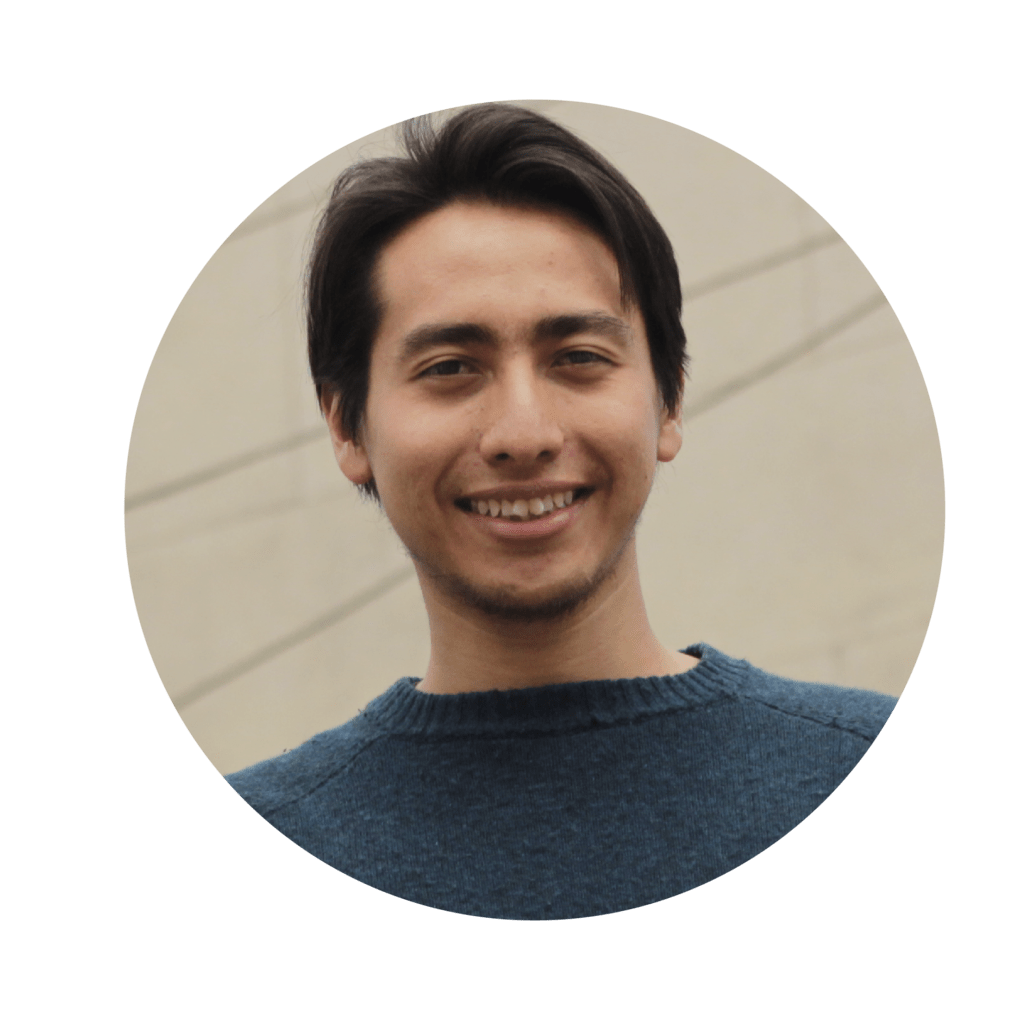
Laura Bautista. Publicist, communications coordinator.
Having the opportunity to test your skills, to be able to play with each proposal and have the freedom to balance it with your personal life, are the benefits that excite me of being part of the team.
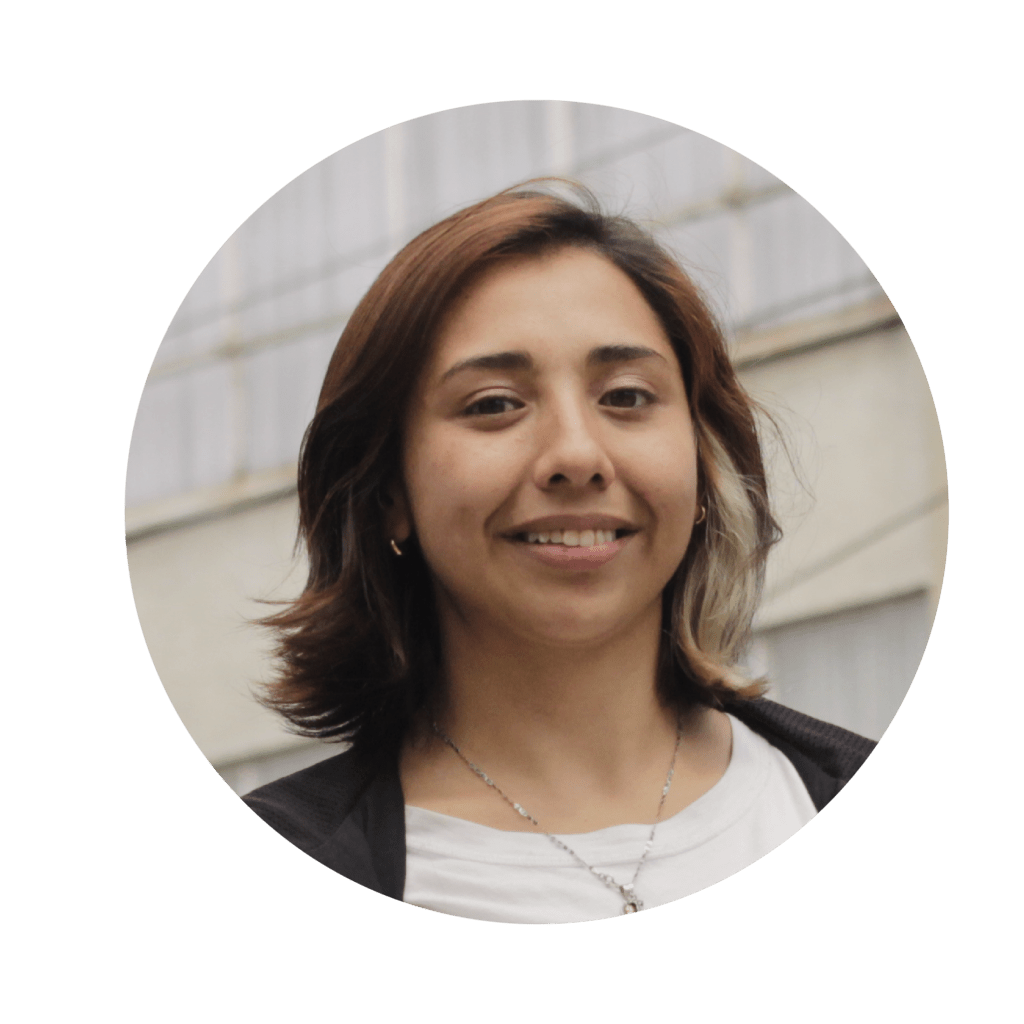
MANIFESTO
Nothing new shines under the sun
May ’68 saw the awakening of a longing mass that until then had been caught in between the stages of wearing shorts and entering a world of adulthood in which they did not fit; presented as naïve and expected to keep quiet. They confronted weapons with flowers or with life itself, under a rebellious rhythm harmonized by guitars, basses, and drums. This was the birth of ‘The Young People’, a generation presented to the world.
And what better world to receive them than the utilitarian society of the West, where they soon acquired full consumer rights, and were offered a market so completely differentiated from that of childhood and adulthood? What better way for young people to distinguish themselves from other generations?
Ah, the closest allies of this youth were found in television, in radio and in magazines, where perfect ideals were conveyed; unarmed, sterile, anxious for pleasure and satisfaction; a symbol of static – perhaps even eternal – beauty. In short, useless. Full of naivety and clumsy idealism, products of inexperience and stubbornness. These ideals projected the idea that breaking free from perfection was dangerous, creating a challenge to the young people of yesterday, the power-holders of today. Mysticism and eagerness.
I can’t get no satisfaction
Is that all? Where is the other youth? The one marching down streets to make itself heard, the one acting out of love with its hair growing long, demanding a new, peaceful world? What is this other youth?
In 1972 at the University of Guadalajara, long before he was shot, Salvador Allende said “there are old young people and young old people”. He was one of the latter; one who preferred to live fast, die young – or perhaps it would be better to simply say live, die young – over the routine being born, growing up, becoming a consumer, and dying.
A youth that cannot be defined by its age, but by its impetus to live in front of the beautiful and the unarmed. A youth that does not accept neither the world as complete, nor life as a path to satisfy pleasures. This different youth is one that embraces vitality, without considering personal comfort and enjoyment, to live the moment. Eternal youth, not because of the belief that death will never come, but because of the willingness to die and be reborn as many times as it takes to be forever young.
Willing to renounce and remake, to transform and rethink. Willing to fail, willing to lose. And above all, willing to play, because how can you be young if you don’t play?
I still remember those melodies
The sounds of my childhood
Youth is what moves the world; enjoyed in childhood, sustained in adulthood, contemplated in old age. Change is generated by youth, as young people ventured into the unknown, explore new worlds, and open new paths.
This different, active youth confronts our greedy society, which fosters individualism and a placid isolation from the world. It demands recognition of the other, and defies schemes of the establishment.
When the world is in a state of devastation, with everything to lose; when tiredness does not fade and the fear of death lingers as the fight for power guides life on earth… That is the end of youth.
Youth, divine treasure,
you left to never return!
Are you part of the other youth?



